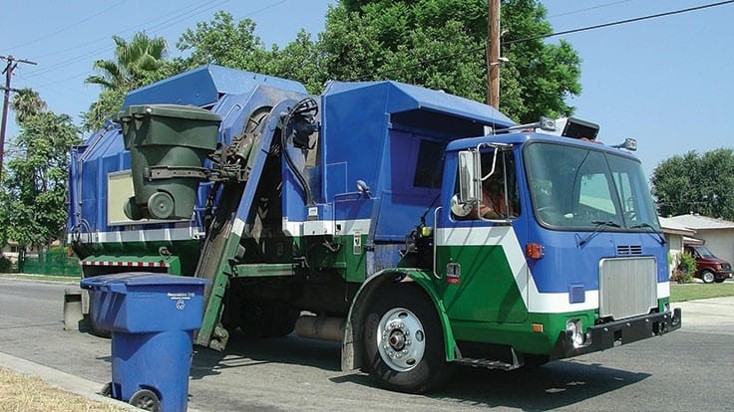America Recycles Day is Nov. 15, which offers us a great reminder to recycle. While we’re doing a good job of recycling in our state, we can always do better. Delaware Recycles, a program of the Delaware Department of Natural Resources and Environmental Control, is here to help. DNREC is working on new initiatives and tools to help make it easier to know how to recycle right.

In 2010, the state legislature passed Delaware’s Universal Recycling Law, establishing one single-stream recycling program for the entire state. If your household or business subscribes to waste collection services, your hauler must give you both a trash and a recycling container, pick up recyclables at least every other week and provide you a single bill for these services. Contact your hauler if they have not provided a recycling container and the service to go with it. Please let DNREC know if you still have issues so any problems can be addressed.
What do you do with a pizza box? Old batteries? Frozen food containers? DNREC has launched a new tool to help take the guesswork out of recycling in Delaware, called Recyclopedia, available at de.gov/recyclopedia.
This innovative search tool can be viewed on your phone, tablet or computer and can help you find out right away if something is recyclable and how to properly dispose of it. It is available to be downloaded as an app in the Apple and Google Play stores, so you will never again have to worry about whether trash can be recycled or not.
While Recyclopedia explains what can be recycled curbside, it also provides locations for those items that are drop-off only, like electronics, so you can find the most convenient solution.
Delaware’s list of acceptable items differs from other states. Even if you’re a hardcore recycler who prides themselves on knowing everything that can and cannot be recycled, you can probably learn something from Recyclopedia. Check it out — we think you’ll be surprised at how thorough it is!
Roughly half of the material coming out of a household consists of plastic/metal/glass containers, cartons, mixed paper and cardboard boxes. All these items are accepted in the state’s single-stream recycling program. Just keep these tips in mind to recycle right:

If you have questions or concerns, contact DNREC at recycle@delaware.gov or 302-739-9403.
Editor’s note: This article was published in 2021 and updated in 2025.
Related Topics: conservation, education, recycling, recyclopedia, science